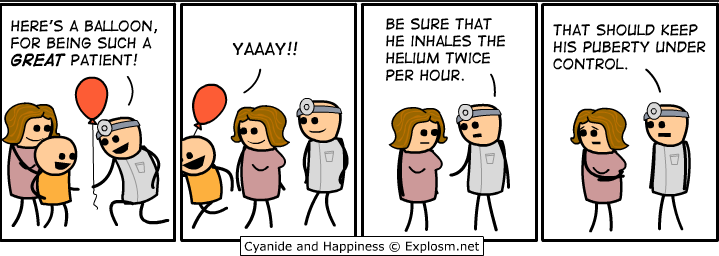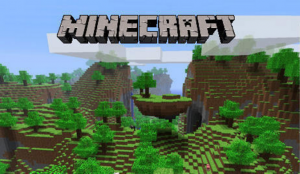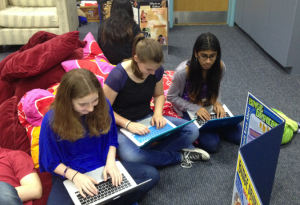We’ve just finished up with our puberty unit for the 6th graders, and oftentimes, it’s more stressful for the parents than it is for the kids. Comfort levels vary, and they might not have received any education on the topic themselves, except for a slightly awkward conversation with their own parents.
They want to do right by their kids and support them as they’re going through these changes, but they need a little support from us as their health teachers as well.
Here are some of the different resources and suggestions we give to our parent community through letters home or through our blogs. Please feel free to use any of the ideas here to cut and paste into your own letter home. The web resources and activities for further discussion are always greatly appreciated by our parents… and the students as well!
Web Resources for Parent Information and Support
Puberty is all about change. And change can be stressful… for all parties concerned. But there are a few things that almost always make change easier, and that’s knowing what to expect, knowing that you’re not in it alone, and talking to people who have been there before.
We can help the kids—and ourselves—through this stressful time by being informed, open, and available. Here are some links that can help answer questions (and offer support for you as well!).
KidsHealth.org: Parents
This is one of the best sites out there, and I always recommend that the kids start here first. They’ve got sections for kids as well as teens, and it’s run by doctors, updated often, and features a great search function.
Your Teen For Parents: The trusted resource for raising teenagers

This site is great and has useful tips for raising teens—from health, school, technology, relationships, alcohol and drugs, and more. They have regularly updated posts, as well as an “Ask the Expert” section.
More useful web resources:
• Planned Parenthood: Puberty 101 for Parents • From the editors of Choices Magazine: Teenbeing.com • Videos for the kids on all things health-related: Brain Pop/ Personal Health • YouTube channel with awesome videos for girls: Amy Poehler’s Smart Girls
Additional At-Home Activities to Open Up Discussions
(This is included in our letter home)
To support and extend our classroom work, please set aside some time during the next few weeks to complete one or more of the following activities with your pre-teen:
* Together, look at photos and/or videotapes that show your son or daughter at earlier ages. Discuss the physical changes that have taken place since the pictures were taken.
* Discuss how your son or daughter’s interests have changed in the last two, three, or more years. Encourage them to describe current interests and to speculate about what might become interesting in the future.
* Share some aspects of your adolescent years with your son or daughter. For example, discuss some of the activities you and your friends enjoyed. Discuss some of the feelings and emotions you experienced. Break out some pictures of yourself at their age!
Any other activities that you believe will help your pre-teen understand the process of growing and developing into a healthy adult are, of course, a welcome addition to our efforts here. One of the greatest gifts you can give your son or daughter is support and understanding during adolescence.
There are a ton of great resources out there, and no matter what your question or concern, there’s probably another parent who’s been through something similar. And just like it can help the kids to talk to people who have been there before, it can be hugely helpful for us adults as well.
No matter what it is, from a bog post, to a letter home, or even better—a parent information night—getting family involvement is key during this time. And although it may seem awkward at first, trust me… they’ll thank you for it later.





